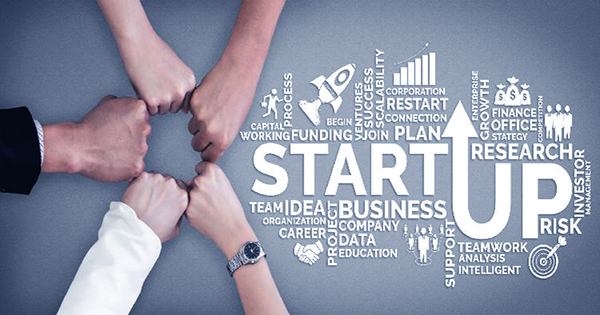I’ll tell you a (not so well-kept) secret that none of my prior bosses will be surprised to learn: I wanted to be a founder because it seemed like a lot more fun than working for someone else. I’d previously worked at a fast-growing startup and had firsthand experience with founders, but to say I understood nothing about what it took to establish a business would be an understatement. Looking back on the ten years my co-founder Andrew Bialecki and I spent establishing Klaviyo, a unified customer platform, it’s evident that some of our decisions were fortunate.
But it’s also evident that if we’d known more ahead of time, we wouldn’t have been forced to make those decisions in the first place. And as a founder, having less luck implies having less risk. In addition to being Chief Product Officer at Klaviyo, I now have the privilege of speaking with many new and aspiring entrepreneurs. Here are the first three pieces of advice I give.
Determine the issue, in the startup business, it’s common knowledge that what you start with isn’t always what you’ll finish up with. Slack began as an online game, Facebook began as Facemash, a hot-or-not for Harvard undergraduates, and Apple began as a home computer kit without a casing. This approach is at conflict with the creative founder’s vision of continuously pursuing an idea until it becomes a reality. It also contradicts the reason why so many people fail to start a business: they lack a concept.
The world (and its issues) are tremendously intricate, and finding the perfect answer is nearly impossible. Instead, we test and adjust what works based on actual outcomes. The scientific method is a word used in science to describe this, and great businesses are built in the same way. Rather than focusing on creating a tale, we identified an issue and attacked it head-on, knowing that if we could find enough individuals with the same problem, we could start a business.
In my opinion, the least hazardous method for any entrepreneur to establish a firm is to do what my co-founder and I did. Rather than focusing on creating a tale, we identified an issue and attacked it head-on, knowing that if we could find enough individuals with the same problem, we could start a business. My best piece of advice is to choose a concept where the riskiest components can be tested to see whether it will work. Identify a concept that lends itself to evolution. The objective is to evolve an idea until it becomes a business – a sustainable, lucrative entity.
















